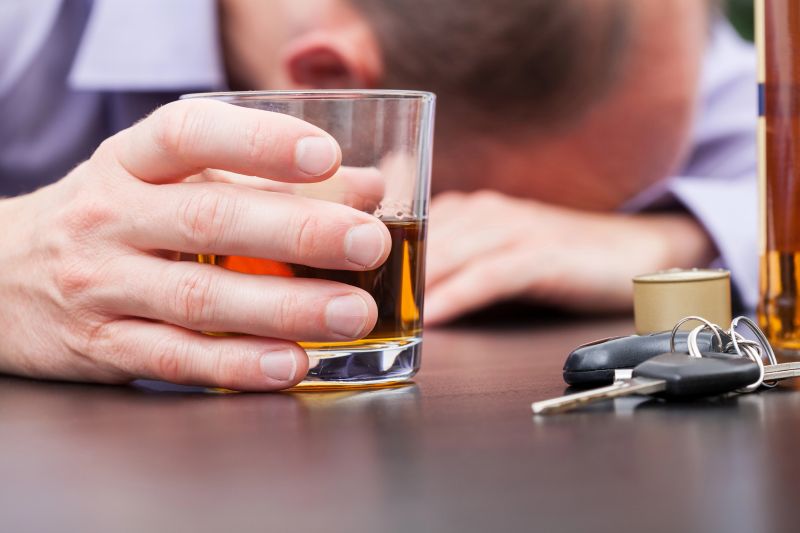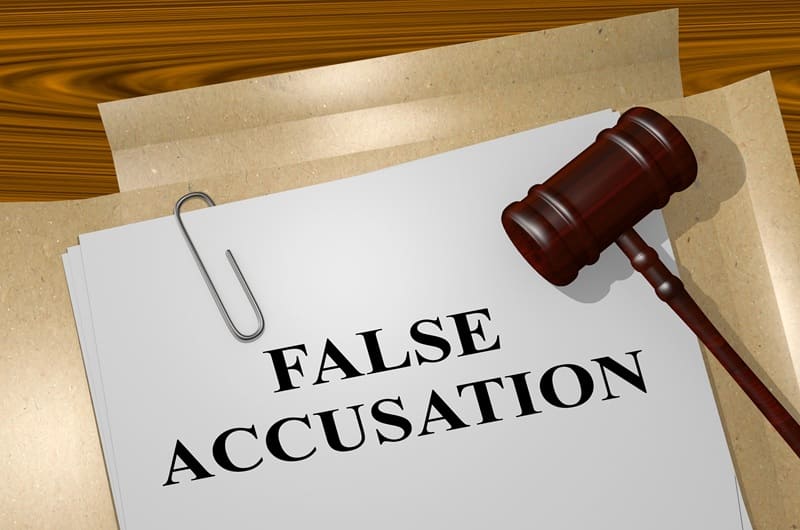Is A DUI Arrest Possible In Manassas Without A Breath Test?
Is A DUI Arrest Possible In Manassas Without A Breath Test?
Think you can’t be arrested for DUI in Manassas without a breath test? Think again. In Virginia, police don’t need a BAC reading to charge you. If an officer sees signs like slurred speech, the smell of alcohol, or poor performance on field sobriety tests, that alone can lead to an arrest.
This guide explains how DUI arrests happen even without breathalyzer results. You’ll learn what evidence officers can use, what happens if you refuse the test, and how a solid defense strategy can challenge the case against you.
DUI Laws In The Eyes Of Virginia
Driving under the influence in Virginia is governed by strict laws to keep roads safe. These laws don’t rely solely on chemical test results to justify an arrest. Instead, they grant law enforcement broad authority to evaluate a driver’s behavior and condition.
Legal Definition Of DUI
A DUI in Virginia occurs when a person operates a motor vehicle while impaired by alcohol, drugs, or both. This includes both legal and illegal substances. The law sets the following blood alcohol content (BAC) limits:
- 0.08% or higher for adult drivers.
- 0.04% for commercial vehicle drivers.
- 0.02% for drivers under age 21.
However, even a BAC below these limits can still result in a DUI charge if impairment is evident.
Implied Consent Law
Virginia’s implied consent law means that any driver operating on public roads automatically agrees to submit a chemical test if lawfully arrested for DUI. Refusing to take the test results in administrative penalties, such as a suspended license, even before a court hearing.
The purpose of this rule is to encourage compliance and aid investigations. Understanding these legal standards shows that DUI enforcement extends beyond just technology. It also reveals why some arrests move forward without a breath test.
DUI Arrests Without A Breath Test
While breath tests often serve as key evidence in DUI cases, they are not the only way an arrest can be made. Virginia law permits officers to rely on various indicators to establish probable cause. Arrests without a breath test are not rare, and the courts have consistently upheld their validity when supported by credible evidence.
Field Sobriety Tests (FSTs)
When a breath test isn’t conducted, field sobriety tests often take center stage. These standardized tests include:
- Horizontal Gaze Nystagmus (eye movement assessment).
- Walk-and-Turn.
- One-Leg Stand.
Officers watch for imbalance, poor coordination, and failure to follow instructions. Each misstep is noted and weighed as evidence of impairment.
Observational Evidence
Law enforcement may also rely on what they see, hear, or smell during the stop. Typical observations include:
- Erratic driving, such as swerving or making sudden stops.
- Slurred speech or delayed responses.
- Bloodshot eyes or the odor of alcohol.
Behavioral cues, such as confusion or aggression, also contribute to an officer’s overall assessment.
Legal Justification For Arrest
Virginia law requires only probable cause for a DUI arrest, not a confirmed BAC result. The combination of observed behavior, physical signs, and performance on sobriety tests can meet that threshold. Officers are trained to document these findings carefully to support the decision to arrest.
Once an arrest occurs, the case moves beyond the roadside. What happens next can have long-term consequences, especially when the driver has refused a breath test. The following section outlines the legal penalties that may follow such a refusal.
Legal Implications Of Refusing A Breath Test
Refusing to take a breath test is a strategy to avoid self-incrimination. However, in Virginia, that refusal comes with immediate and serious consequences.
The state’s implied consent law allows for administrative penalties for declining the test, regardless of whether a conviction follows. Understanding these implications is vital for anyone facing DUI charges where no chemical test was taken.
Administrative Penalties
Refusing a breath test triggers automatic penalties under the law. These include:
- A one-year license suspension for a first refusal.
- A three-year suspension and potential misdemeanor charges for a second refusal within 10 years.
These penalties are in addition to the DUI charge itself. They can be enforced even if the DUI charge does not result in a conviction.
Impact On The DUI Case
In court, prosecutors may argue that a refusal indicates consciousness of guilt. The refusal can be presented as an effort to avoid detection. This may influence a judge or jury’s perception, especially without BAC evidence.
However, the lack of a chemical test limits the state’s evidence. Without BAC results, the prosecution must rely solely on subjective observations and field sobriety tests. This opens the door to targeted defense strategies that challenge that evidence.
These legal dynamics set the stage for the next phase in the DUI process: how to defend against the charges. The following section outlines several defense strategies that can be used when a breath test is not part of the case.
Defense Strategies Without Breath Test Evidence
When breath test results are absent, the case against a defendant often hinges on less concrete evidence. This allows experienced DUI lawyers to challenge the prosecution’s claims.
Through a strategic and methodical review of the circumstances, defense attorneys can challenge the reliability of the arrest and the evidence used to support it. These strategies aim to create reasonable doubt and, in some cases, secure a reduction or dismissal of charges.
Challenging Field Sobriety Tests
Field sobriety tests are inherently subjective. A skilled attorney will assess whether the officer administered the tests correctly and under proper conditions.
Poor lighting, uneven surfaces, or the driver’s physical limitations can impact performance. If these tests were conducted improperly, their validity as evidence may be questioned in court.
Scrutinizing Observational Evidence
Many DUI cases without breath tests rely heavily on an officer’s observations. A defense lawyer can challenge whether the signs of impairment, such as slurred speech or unsteady movement, were caused by alcohol or something else.
Medical conditions, fatigue, or anxiety can all mimic signs of intoxication. Raising these alternative explanations can weaken the prosecution’s argument.
Asserting Constitutional Protections
An attorney will also examine whether the traffic stop itself was lawful. If the officer did not have reasonable suspicion to justify the traffic stop, any evidence obtained afterward may be deemed inadmissible in court. Additionally, violations of Miranda rights or unlawful searches can be grounds for dismissal.
These strategies require legal insight, careful preparation, and a deep understanding of Virginia DUI procedures. With the proper representation, defendants stand a stronger chance of overcoming the charges. The following section introduces a local law firm that focuses on providing that level of defense.
The Irving Law Firm Advocates For Your Defense
At The Irving Law Firm, defending your future is more than a job—it’s our commitment. We know what’s at stake when you’re charged with DUI, especially when there’s no breath test involved. That’s why we approach every case with precision, determination, and a deep knowledge of Virginia law.
Our team carefully examines each detail, from the initial traffic stop to the officer’s conduct and the evidence collected. We don’t rely on assumptions or shortcuts. Instead, we craft defense strategies that reflect the unique facts of your case.
Whether it’s challenging field sobriety tests or identifying violations of your rights, we work to protect your license, record, and reputation. With a proven record in local courts, we know how to stand up for you. When you need trusted, focused legal representation, The Irving Law Firm is ready to lead your defense with skill and integrity.
A DUI arrest in Manassas can happen even without a breath test. Officers may rely on field sobriety tests and observations to establish probable cause. Refusing a test carries penalties and may impact your case, but also limits the prosecution’s evidence.
With the right legal strategy, these cases can be challenged. The Irving Law Firm provides focused, aggressive representation to help protect your rights and future. When the stakes are high, their experience can make a critical difference.






